32nd Sunday in Ordinary Time
MOGC director Gerry Lee writes the reflection for this Sunday’s readings.
The history of Maryknoll in Latin America is rich and deep. Our commitment to the promotion of social justice and peace in the region cost several of our missioners their lives during the years of oppression, including Fr. Bill Woods, MM in Guatemala (1976), and Sisters Ita Ford, MM, Maura Clarke, MM and Carla Piete, MM in El Salvador in 1980. Some, like Fr. Miguel D’Escoto in Nicaragua, have served in public roles in support of those who live in poverty. Countless others have accompanied the Central American people in their daily struggles for survival, for social justice, for an end to the violence that destroys their communities; for new life.
Among the particular concerns of Maryknoll in Latin America are poverty, its causes and consequences; migration and refugees; health care, especially holistic care that includes good nutrition and preventative care; access to essential medicines for treatable or curable illness; HIV and AIDS; the rights and dignity of women and children; the response of authorities to the growth in gang violence; mining concessions; just trade agreements; debt cancellation; small and subsistence farming and other work accessible to people who are poor; and environmental destruction.
MOGC director Gerry Lee writes the reflection for this Sunday’s readings.

On October 2, voters in Colombia rejected by a very slim margin a peace deal that would have ended a 50-year civil war. Colombian Fr. Francisco de Roux, SJ, one of the participants in the Nonviolence and Just Peace conference held in Rome last April, wrote the following reflection immediately after the results of the vote were announced. This reflection was originally published by the Catholic Nonviolence Initiative, https://nonviolencejustpeace.net/.

The government of El Salvador recently won a long-running legal battle when an international trade tribunal ruled that it did not have to pay compensation to a mining company that was denied a permit to drill for gold. El Salvador declared a moratorium on mining concessions in 2009, in an attempt to protect its water supply from being pollution, despite having previously signed international trade agreements.
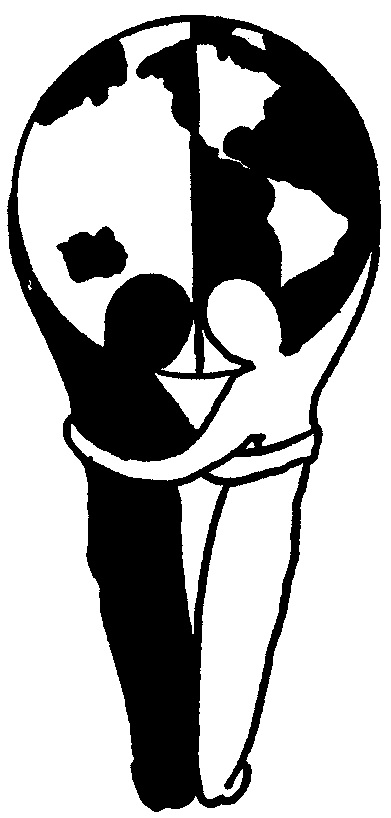
The following reflection, written by Chloe Schwabe, faith-economy-ecology project coordinator, is the last in our year-long series of opening articles in NewsNotes that examine the teachings of Pope Francis in Laudato Si’.
The Washington Office on Latin America is pleased to invite you to a discussion on Venezuela: What Can Be Done? Featuring Margarita López MayaProfessor Emeritus, Centro de Estudios de Desarrollo, Universidad Central de Venezuela Luis Vicente LeónDirector, Datanalisis and Francisco RodríguezChief Economist, Torino Capital LLC Moderated by David SmildeWOLA Senior FellowCharles A. and Leo M….
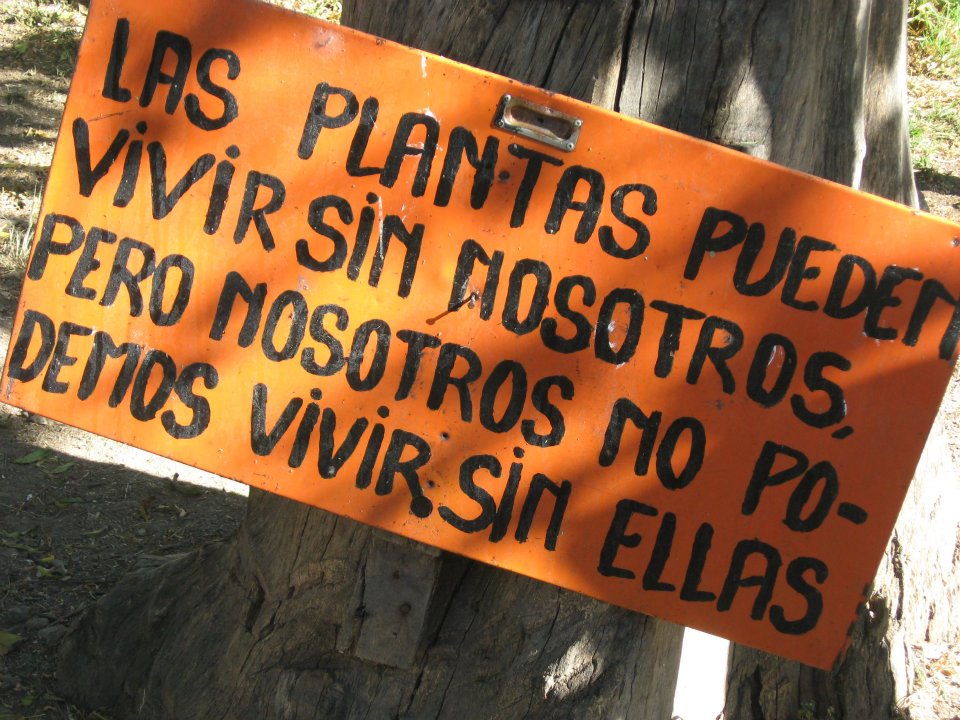
Dan Moriarty is a returned Maryknoll Lay Missioner who now coordinates the Maryknoll Bolivia Immersion Program.
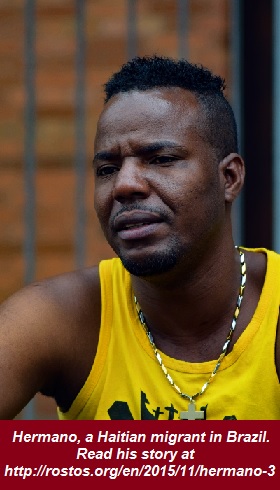
The aftermath of Hurricane Matthew is no time to put extra demands on Haitians trying to recover. Ask the U.S. to stop deportations to Haiti.

This week’s reflection is written by Kathy McNeely, a returned Maryknoll Lay Missioner and former staff member of Maryknoll Office for Global Concerns.
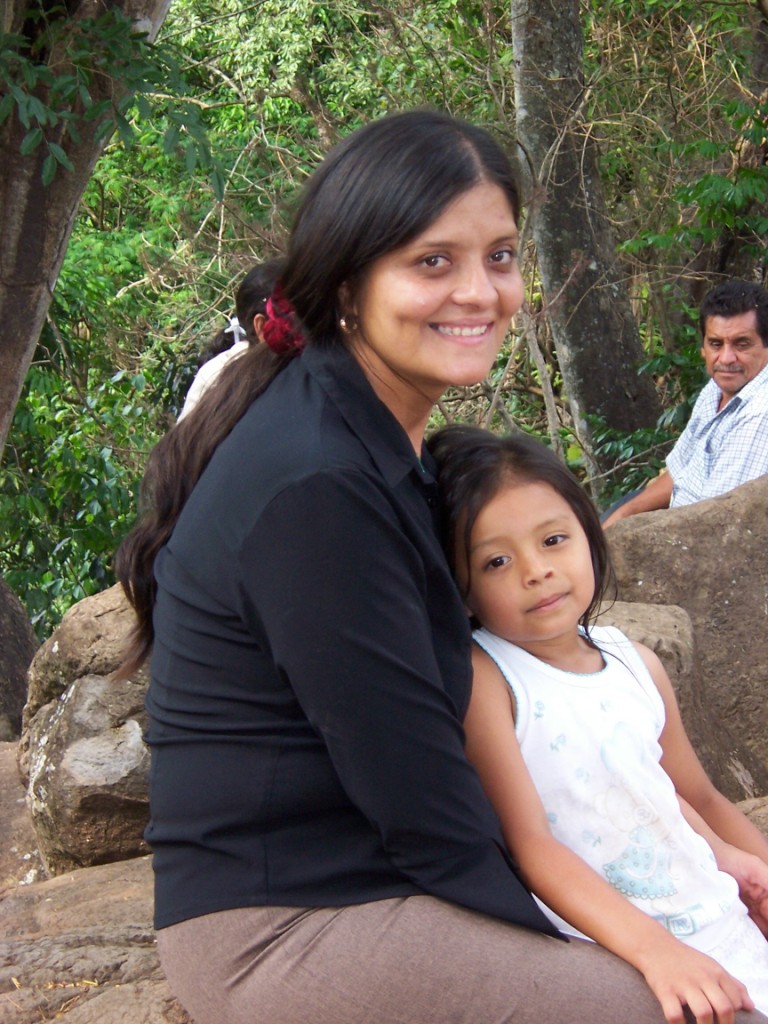
Rick Dixon is a Maryknoll Lay Missioner living and working in El Salvador.

This week’s scripture reflection was prepared by Christine Perrier, a returned Maryknoll Lay Missioner who served in Peru.
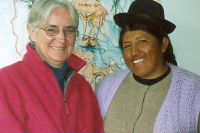
The following article on the effects of trade agreements on an indigenous community in Peru was written by Alfonso Buzzo, Peace Fellow with the Maryknoll Office for Global Concerns.
Details at http://www.soaw.org/border/ After holding an annual vigil at the gates of Fort Benning, Georgia, the human rights group SOA Watch is moving its convergence to become bi-national at the U.S.-Mexico border in Nogales, Arizona/ Sonora, Mexico. Activists throughout the U.S. and Mexico will gather on both sides of the U.S.-Mexico border from October 7-10,…

Chad Ribordy and his family are returned Maryknoll Lay Missioners who lived and worked in Brazil.
Ask your Congressional representatives to support the creation of a national Commission on the Disappeared in El Salvador.
This new policy is a long overdue step that moves the Obama Administration in the right direction after years of mismanaging the Central American refugee crisis. But it’s just the first step.
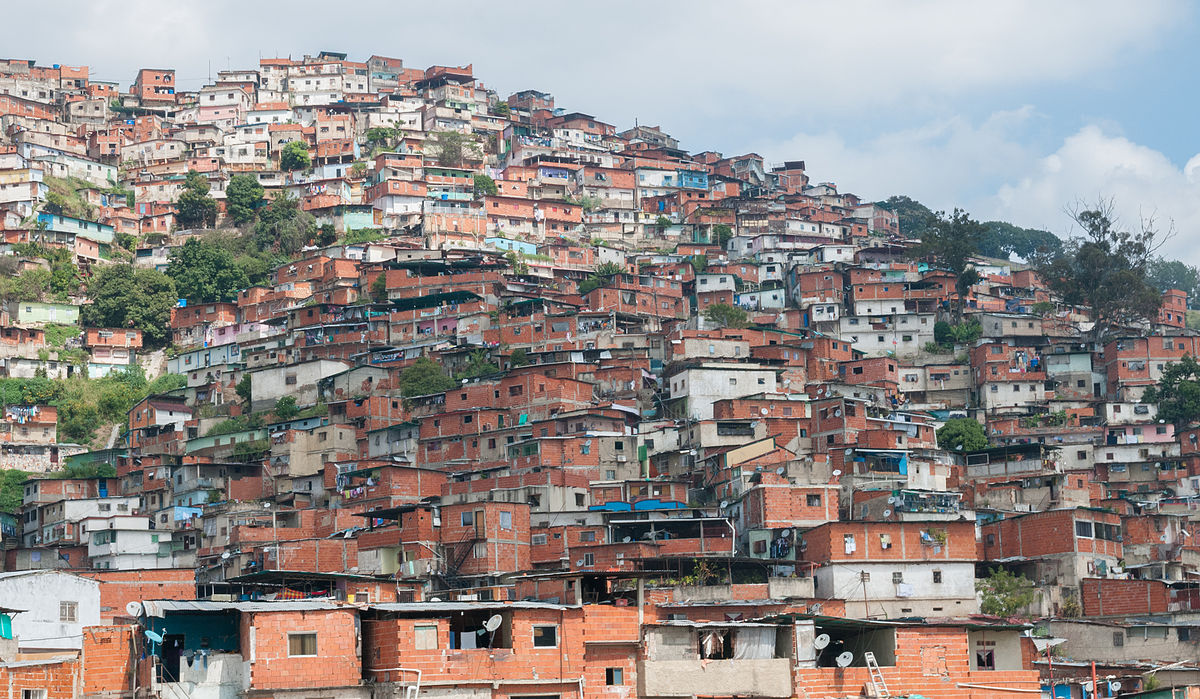
Returned Maryknoll Lay Mission Lisa Sullivan, who has lived in Venezuela for more than 30 years, writes about the current economic crisis.
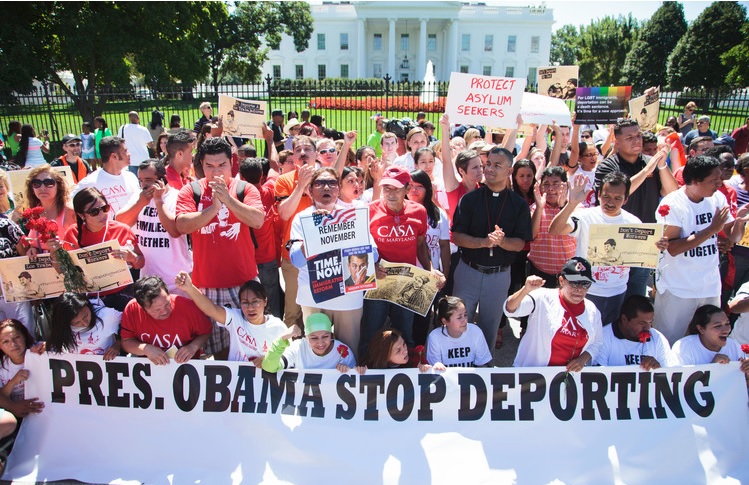
The Supreme Court has blocked DAPA. Tell President Obama to protect undocumented parents – stop the deportations.
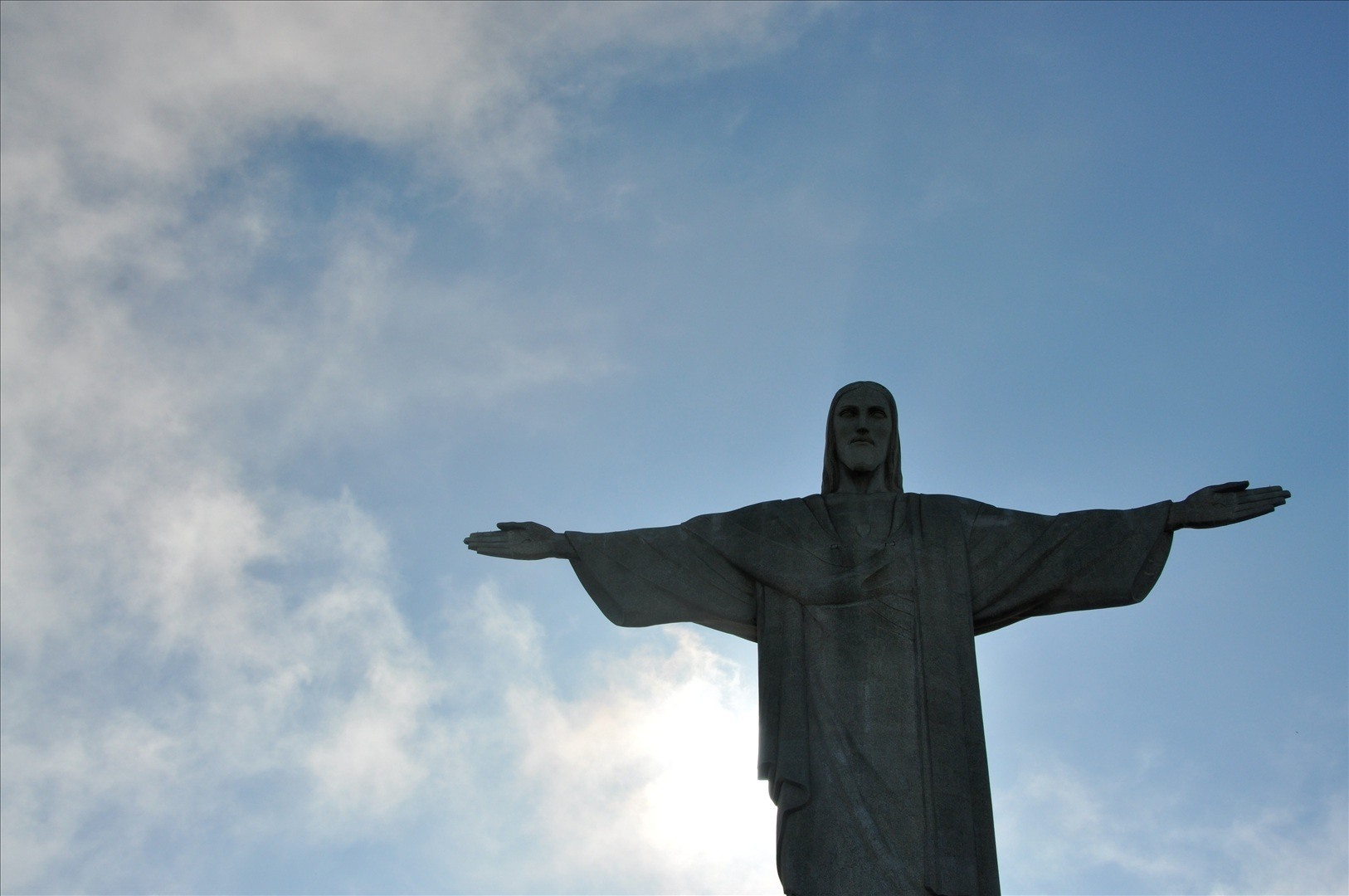
This reflection, by Father Dan McLaughlin, who lives and works in Brazil, is also found in A Maryknoll Liturgical Year (Year C), published by Orbis Books.